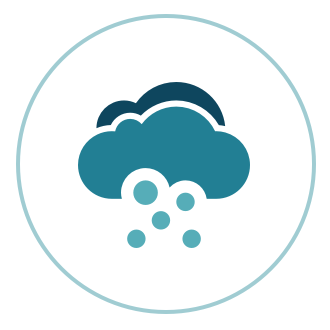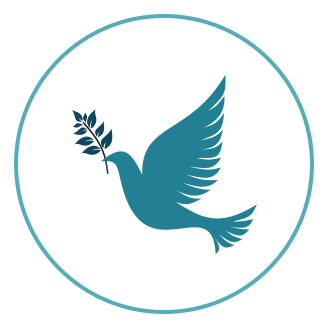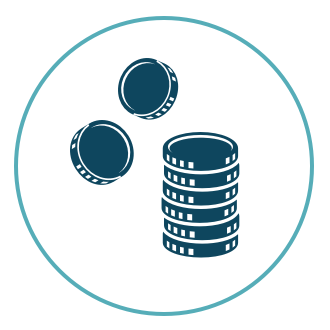Education is the best cure for poverty. Studies from all over the world find that education increases income, makes people healthier, saves children’s lives, promotes jobs, boosts the economy, and fosters peace.
Education is a main priority within Norwegian Development Policy. Through the Sustainable Development Goals and Agenda 2030, Norway is committed to ensure inclusive and equitable quality education and to promote lifelong learning opportunities for all. The objective of the Norwegian support to education in Nepal is to contribute to inclusive public education for all through the support to Nepali government’s own sector programs, and to contribute to improved education opportunities for girls, children with disabilities and children from marginalized groups. The Embassy has supported the reconstruction of 58 schools that were destroyed during the earthquake in 2015.
The objective of Norway’s efforts in the area of gender equality is to increase the opportunities available to women and girls, promote their right to self-determination, and further their empowerment. This is crucial if girls, boys, women and men are to have equal rights and equal opportunities.
Women’s rights and gender equality are central elements in the Embassy’s work on governance. Following the election laws, there is a minimum of elected women representatives at federal, provincial and local levels of government. The Embassy supports training of the elected representatives and the administrative officials through the Provincial and Local Government Support Programme and Parliamentary Support Programme.
Although several policies and legislation for the prevention of Gender Based Violence and the provision of response services have been put in place in Nepal, and there are encouraging signs of progress, there is a lot that remains to be done. This includes improving the response to Gender Based Violence, but also to challenge social norms that perpetuate discriminatory practices and violence against women and girls. The Norwegian Embassy supports UNFPA’s efforts to eliminate Gender Based violence through the Gender Based Violence Prevention and Support Project.


